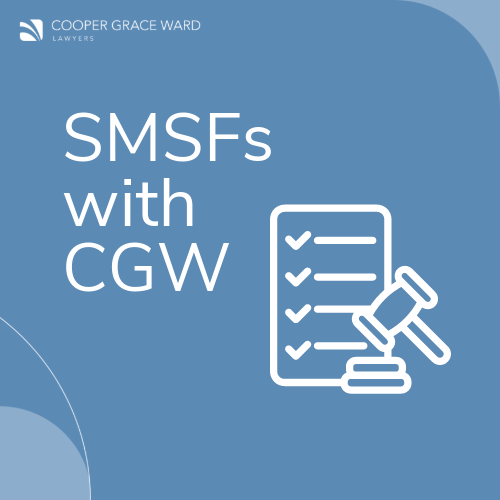Trade suppliers, commercial credit providers and parties to commercial transactions commonly include what is referred to as a ‘charging clause’ in their terms of trade, contractual agreements and guarantee documentation.
A ‘charging clause’ has varying wording such as “I charge all of my property now and in the future for the payment of any moneys that I may owe you at any time”.
The effect of the charging clause is that it elevates the recipient of the charging clause to the status of a secured creditor or equitable mortgagee who for example can then lodge a caveat over any land owned by the person granting the charge. This may include your commercial premises, family home or land that you don’t currently own but acquire in the future.
When a caveat is lodged against the title of land it freezes the title and prevents dealings with the land. The chargee or equitable mortgagee having the benefit of the charging clause can in some States also apply to the Court to obtain an order for the sale of the land. The granting of a charging clause may also constitute a default under your financing arrangements with your existing registered mortgagee.
Backed by the caveat lodged against the title of your land the charging clause caveator can seek to prevent any refinancing or sale of your land unless the caveator is paid in full.
A ‘charging clause’ or what is referred to in the some circles as the ‘clayton’s security’, is the security you are providing when you don’t know you are giving security.
Another clause often favoured by the creditor provides for example that the customer or guarantor will provide a signed mortgage in favour of the creditor. This obligation is used in conjunction with a power of attorney clause that enables the creditor to register the power of attorney and then as your attorney to sign the mortgage in favour of the creditor. The mortgage signed under power of attorney is then lodged for registration against your land elevating the creditor to a registered mortgagee who can then proceed to sell the land as registered mortgagee.
The signing of the mortgage under power of attorney and registration of the mortgage will often occur without any notice to you.
From your perspective the precise wording of any terms of trade, lease, guarantee or other commercial contractual documentation need to be carefully reviewed before you sign the documentation.
Beware the inconspicuous clauses in contractual documentation that can have serious ramifications for the unwary.
For more information regarding this article, please contact Graham Roberts on 07 3231 2404.




